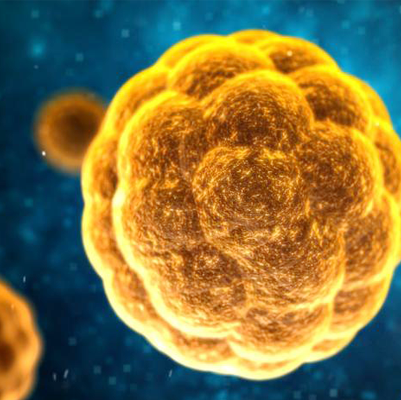Viral Hepatitis
Hepatitis refers to an inflammatory condition of the liver. It’s commonly caused by a viral infection, but there are other possible causes of hepatitis. These include autoimmune hepatitis and hepatitis that occurs as a secondary result of medications, drugs, toxins, and alcohol. Autoimmune hepatitis is a disease that occurs when your body makes antibodies against your liver tissue. These are five types of viral hepatitis. Hepatitis A, Hepatitis B, Hepatitis C, Hepatitis D, Hepatitis E,
Signs and symptoms of acute hepatitis appear quickly. They include:
abdominal pain
unexplained weight loss
yellow skin and eyes, which may be signs of jaundice
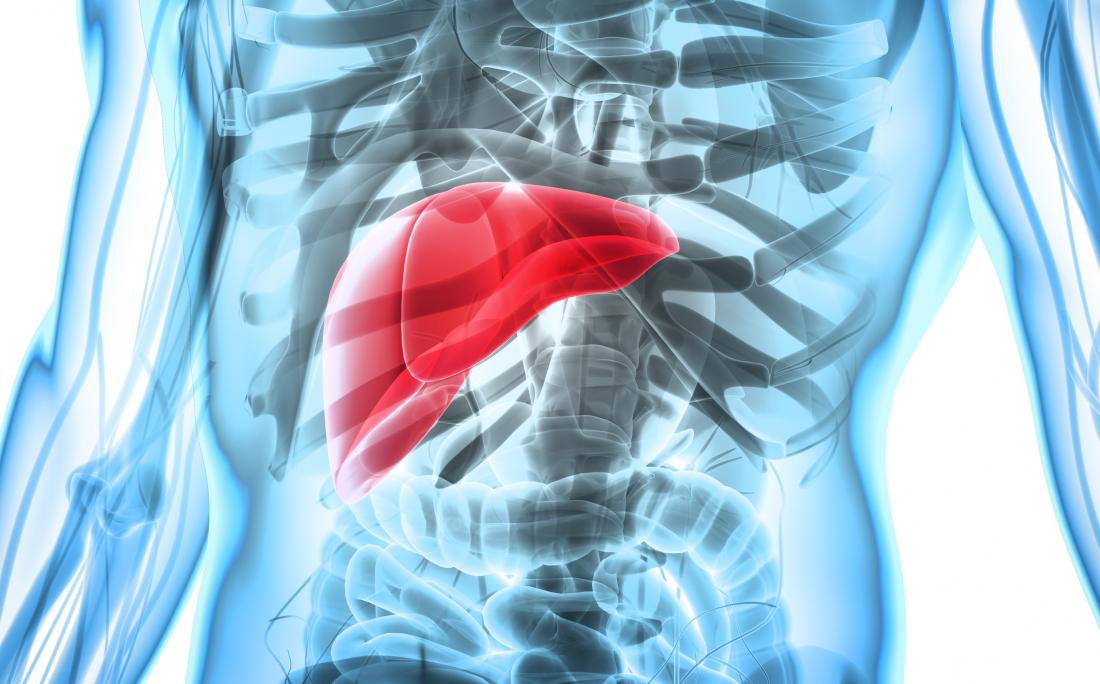
Alcoholic Liver
Alcoholic Liver Disease – An Overview
Alcoholic Liver Disease is a serious condition caused by excessive consumption of alcohol, which gradually damages the liver. This leads to fat accumulation, inflammation, and scarring (cirrhosis). If left untreated, it can become life-threatening.
The liver is one of the most vital and complex organs in the human body, performing more than 500 essential functions such as:
-
Filtering toxins from the blood
-
Storing energy and nutrients
-
Producing hormones and proteins
-
Regulating cholesterol and blood sugar
Since the liver has an amazing ability to regenerate and repair itself, early damage may remain unnoticed. Unfortunately, by the time symptoms become obvious, the damage is often severe or irreversible.
Symptoms of Alcoholic Liver Disease
As the disease progresses, symptoms may include:
-
Jaundice (yellowing of skin and eyes)
-
Edema (swelling in the legs and ankles)
-
Fluid buildup in the abdomen (ascites)
-
Fever and shivering
-
Severe itching of the skin
-
Curved fingernails (clubbing)
-
Unexplained weight loss and muscle wasting
-
Weakness and fatigue
-
Vomiting blood or passing blood in stools
-
Easy bruising and bleeding
-
Increased sensitivity to alcohol and certain drugs
Spaks Homeopathy Approach
At Spaks Homeopathy, the aim is to:
Support liver function and regeneration
Reduce inflammation and improve digestion
Relieve symptoms like jaundice, swelling, and fatigue
Strengthen overall immunity and vitality
Provide safe, natural healing without side effects
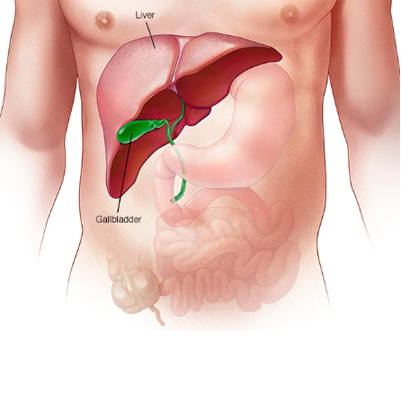
Ascites
Spaks Homeopathy – Ascites Care
Overview
Ascites is a condition in which abnormal fluid accumulates in the abdominal cavity, often due to liver cirrhosis, abdominal cancers, congestive heart failure, or tuberculosis.
This fluid build-up creates pressure in the abdomen, leading to discomfort, bloating, and weakness.
At Spaks Homeopathy, we believe in treating ascites by addressing the root cause, improving the body’s natural healing capacity, and giving long-term relief without harmful side effects.
Symptoms of Ascites
Patients with ascites may experience:
-
Abdominal swelling and discomfort
-
Nausea, indigestion, or vomiting
-
Loss of appetite and early satiety (feeling full quickly)
-
Fatigue and tiredness
-
Difficulty in breathing due to abdominal pressure
-
Constipation or frequent urge to urinate
-
Swelling of ankles and feet
-
Painful hemorrhoids or changes around the belly button
Spaks Homeopathy Approach
-
Gentle & Safe Medicines – Correct the underlying cause like liver weakness, heart strain, or infections.
-
Improves Digestion & Appetite – Restores natural metabolism and reduces bloating.
-
Reduces Fluid Accumulation – Helps the body absorb and eliminate excess fluid naturally.
-
Boosts Immunity & Strength – Improves energy levels and prevents relapse.
-
No Side Effects – 100% safe, natural, and holistic healing.
? With Spaks Homeopathy, patients experience better comfort, improved quality of life, and long-term management of ascites.
Would you like me to also create a short, attractive social media style version of this (like a clinic post) for Spaks Homeopathy?
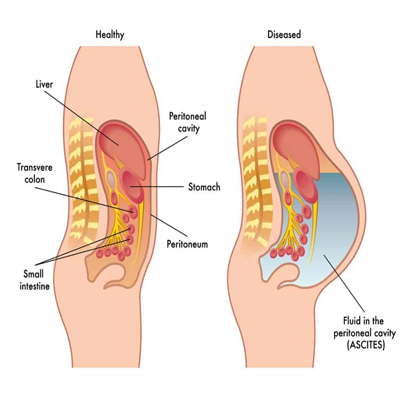
Cirrhosis
Overview – Liver Cirrhosis
Liver cirrhosis is a progressive disease that develops slowly over several years. It occurs due to long-term, continuous damage to the liver. Over time, healthy liver tissue is destroyed and replaced with scar (connective) tissue.
This scarring disrupts the normal structure of the liver and blocks blood flow, which impairs its ability to function. If untreated, cirrhosis can lead to liver failure, a life-threatening condition.
Symptoms of Cirrhosis
-
Pain in the upper abdomen
-
Persistent fatigue
-
Weakness and low stamina
-
Loss of appetite and unintended weight loss
-
Nausea or vomiting
-
Insomnia (trouble sleeping)
-
Itchy skin and irritation
-
Red or blotchy palms
-
Swelling in legs and abdomen (edema, ascites)
-
Yellowing of skin and eyes (jaundice)
Effects if Untreated
-
Severe scarring and irreversible liver damage
-
Development of jaundice and ascites (fluid buildup)
-
Esophageal varices (enlarged veins that may rupture and bleed)
-
Hepatic encephalopathy (toxin buildup causing confusion, memory loss, or coma)
-
Increased risk of liver cancer (hepatocellular carcinoma)
-
Eventual complete liver failure
Spaks Homeopathy Treatment
At Spaks Homeopathy, treatment for cirrhosis aims to slow disease progression, restore liver health, and improve quality of life.
Common Remedies (chosen after case study):
-
Carduus Marianus – For liver enlargement, jaundice, and nausea.
-
Chelidonium Majus – For liver tenderness, pain under the right ribs, and digestive issues.
-
Nux Vomica – For liver damage due to alcohol, toxins, or over-medication.
-
Phosphorus – For weakness, fatigue, and poor liver function.
-
Lycopodium – For bloating, flatulence, and liver congestion.
-
Sulphur – For itching, skin irritation, and chronic liver disorders.
Why Spaks Homeopathy?
-
Gentle healing with no side effects
-
Strengthens liver function and prevents further damage
-
Reduces symptoms like fatigue, pain, jaundice, and ascites
-
Enhances overall immunity and digestion
-
Personalized treatment plans for every patient
Address: E-38, Budh Vihar, Badarpur, New Delhi – 110044
Email: info@spakshomeopathy.com
Phone: +91 8700458818
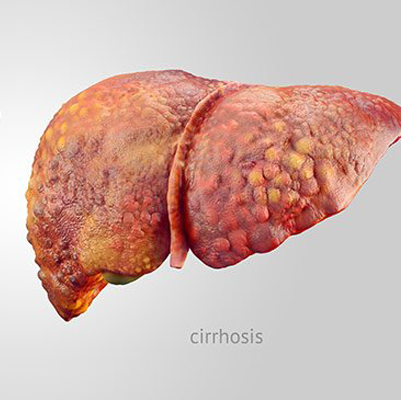
Cystic Fibrosis
Overview
Cystic fibrosis (CF) is a genetic disorder that causes severe damage to the lungs, digestive system, and other organs in the body.
It affects the cells that produce mucus, sweat, and digestive juices. Normally, these secretions are thin and slippery, helping to lubricate and protect organs. However, in people with CF, a defective gene causes these fluids to become sticky and thick, leading to blockages in the airways, ducts, and passageways.
This blockage results in chronic respiratory problems, digestive difficulties, and increased risk of infections. Cystic fibrosis is a lifelong, progressive condition, and though there is no cure, advances in treatment have significantly improved life expectancy and quality of life.
Symptoms of Cystic Fibrosis
-
Recurring chest infections (bronchitis, pneumonia)
-
Frequent, wet-sounding coughs with thick mucus
-
Wheezing and shortness of breath
-
Difficulty putting on weight or maintaining growth
-
Persistent diarrhea or greasy, foul-smelling stools (steatorrhea)
-
Nasal polyps (growths inside the nose)
-
Salty-tasting skin
-
Clubbing of fingers and toes (widening and rounding of fingertips due to chronic low oxygen)
Effects of Cystic Fibrosis
-
Respiratory system: Chronic infections, lung damage, bronchiectasis, respiratory failure.
-
Digestive system: Malabsorption, malnutrition, poor growth, vitamin deficiencies.
-
Reproductive system: Infertility in males, reduced fertility in females.
-
Other effects: Increased risk of diabetes, osteoporosis, and liver disease.
Treatment of Cystic Fibrosis
Treatment focuses on managing symptoms, preventing complications, and improving quality of life.
-
Airway clearance techniques (ACTs): Chest physiotherapy, breathing exercises to loosen mucus.
-
Medications:
-
Mucolytics (to thin mucus)
-
Bronchodilators (to open airways)
-
Antibiotics (for infections)
-
CFTR modulators (target the defective gene, effective in some cases)
-
-
Digestive support: Pancreatic enzyme supplements, high-calorie diet, vitamins.
-
Oxygen therapy (in advanced stages).
-
Surgery or lung transplant (for severe cases).
-
Homeopathy & holistic support (Spaks Homeopathy): Remedies like Kali bichromicum, Phosphorus, and Silicea may be used to ease mucus-related symptoms, improve immunity, and support overall well-being (under expert guidance).
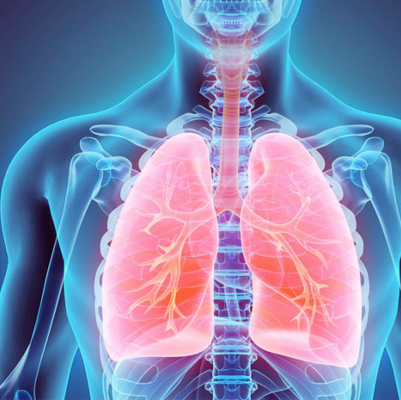
Fatty liver
Overview
Fatty Liver – The Silent Killer
A Message from Spaks Homeopathy – Dr. S.K. Meena
Many people casually say – “Fatty liver is common, almost everyone has it, it’s not serious.”
But the truth is – Fatty Liver is a Silent Killer.
It silently progresses from Grade 1 → Grade 2 → Cirrhosis, and once it turns into cirrhosis, the liver damage becomes permanent and irreversible.
? This is why fatty liver must always be taken seriously.
Your liver is the master organ of your entire body. If the liver weakens, every other organ slowly begins to fail.
How Fatty Liver Damages Your Body
- Kidneys: Reduced liver detox capacity increases toxins in the blood, overburdening kidneys and leading to chronic kidney disease.
- Diabetes: A fatty liver cannot regulate blood sugar properly, creating insulin resistance and leading to Type-2 Diabetes.
- Cholesterol & Heart Disease: Fatty liver raises cholesterol & triglycerides, which clog arteries and increase heart attack risk.
- Hypertension: Hardened arteries from fat deposits cause high blood pressure.
- Digestion Issues: Low bile production leads to acidity, gas, constipation, and poor digestion.
- Weak Immunity: Infections become frequent because the liver can’t filter bacteria & viruses effectively.
- Obesity & Slow Metabolism: Energy production drops, weight gain increases, and fatigue becomes constant.
- Brain Fog: Toxins like ammonia affect the brain, reducing memory, focus, and mental clarity.
In short – Fatty Liver is not harmless. Ignoring it means putting your life at risk.
The Spaks Homeopathy Solution
At Spaks Homeopathy, we have developed a unique 5-medicine combination made from pure homeopathic mother tinctures, prepared from natural Ayurvedic herbs.
These medicines work in five powerful ways:
- Detoxification – Cleanses toxins from the liver and blood.
- Regeneration – Helps liver cells heal and rebuild.
- Anti-Inflammation – Reduces swelling and irritation in the liver.
- Viral Protection – Guards against viral hepatitis.
- Kidney & Liver Support – Strengthens both vital organs.
Key Medicines Used:
- Chelidonium – Improves bile flow, relieves right-side heaviness & gallbladder issues.
- Carduus Marianus – Excellent for alcoholic fatty liver, detoxifies and repairs liver damage.
- Kalmegh – Best for viral hepatitis (A, B, C), reduces infection & detoxifies the liver.
- Punarnava (Boerhavia Diffusa) – Removes excess fluid, reduces swelling, supports kidney & liver.
- Phyllanthus Niruri (Bhui Amla) – Used for jaundice, regenerates liver cells, clears bile obstruction.
How to Use This Combination
- Mix equal parts of all 5 mother tinctures in one bottle.
- Take 20–25 drops in half a cup of water, three times daily.
- Maintain a 30-minute gap before and after medicine (no food or drink).
- Continue for 2 months for complete liver detox and regeneration.
Important Diet & Lifestyle Guidelines
?? To ensure maximum results:
- Zero Sugar – No sweets, no sugary fruits.
- No Fried & Oily Foods – Avoid ghee, refined oils, and junk food completely.
- No Alcohol & Smoking – Strictly prohibited during treatment.
Why Choose Spaks Homeopathy?
- No Side Effects – Safe, natural & holistic.
- Permanent Relief – Treats the root cause, not just symptoms.
- Trusted Expertise – Guided by Dr. S.K. Meena, specialist in chronic disease care.
Final Words from Dr. S.K. Meena – Spaks Homeopathy
“Fatty Liver is not just a lifestyle issue, it is a life-threatening disease if ignored. But with the right homeopathic treatment, your liver can heal naturally, fully regenerate, and return to its healthiest state. Don’t wait for symptoms to worsen – start your healing journey today.”
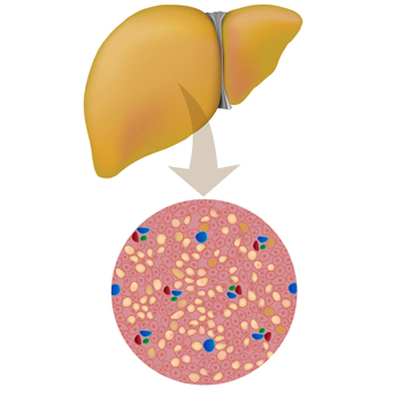
Hemochromatosis
Overview
Hemochromatosis is a disorder in which the body absorbs and stores too much iron.
Iron is an essential nutrient that helps hemoglobin in red blood cells carry oxygen to different parts of the body. Normally, the intestines absorb just the right amount of iron, but in hemochromatosis, excess iron builds up in organs—especially the liver, heart, and pancreas.
Over time, this iron overload can damage these organs and lead to serious health problems such as liver disease, heart complications, and diabetes.
Symptoms
-
Joint pain
-
Abdominal pain
-
Fatigue and weakness
-
Loss of sex drive or impotence
-
Irregular heart function or heart failure
-
Liver problems, including liver failure or cirrhosis
Effects
-
Liver damage → cirrhosis, liver failure, or liver cancer
-
Heart issues → irregular heartbeat, cardiomyopathy, or heart failure
-
Diabetes (due to pancreatic damage)
-
Arthritis and chronic joint pain
-
Hormonal imbalance (leading to impotence or menstrual problems)
Treatment
-
Phlebotomy (blood removal): The most common treatment; regularly removing blood reduces iron levels.
-
Chelation therapy: Medication may be given to bind and remove excess iron if phlebotomy isn’t possible.
-
Dietary management: Avoid iron supplements, reduce vitamin C intake (which increases iron absorption), and limit alcohol to protect the liver.
-
Homeopathic support (complementary approach):
-
Ferrum metallicum – for weakness and fatigue
-
China officinalis – for anemia-like symptoms and exhaustion
-
Phosphorus – for liver-related problems
-
Carduus marianus – for liver protection and detox support
-
(Homeopathic medicines should be taken only under the guidance of a qualified homeopath.)
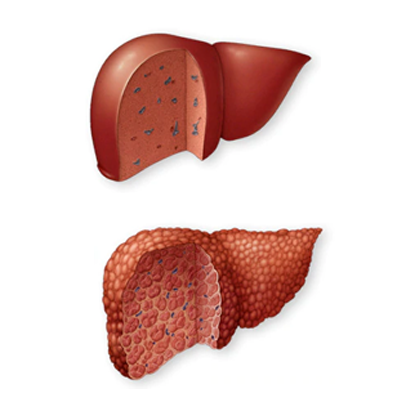
Hepatitis
Overview
Hepatitis A is a highly contagious liver infection caused by the hepatitis A virus (HAV). It is one of several hepatitis viruses that lead to liver inflammation and affect the liver’s ability to function properly.
The infection usually spreads through:
-
Contaminated food or water
-
Close contact with an infected person
-
Touching contaminated objects and then touching your mouth
Unlike some other types of hepatitis, hepatitis A does not cause chronic liver disease and is rarely life-threatening. Most people recover completely without permanent liver damage, but the illness can cause significant discomfort and temporary liver problems.
Symptoms
Symptoms may appear a few weeks after exposure and include:
-
Fatigue
-
Sudden nausea and vomiting
-
Abdominal pain (especially in the upper right side near the liver)
-
Clay-colored stools
-
Loss of appetite
-
Low-grade fever
-
Dark urine
-
Joint pain
-
Jaundice (yellowing of skin and eyes)
Effects
If not managed properly, hepatitis A can cause:
-
Acute liver inflammation, making it hard for the liver to process toxins
-
Temporary liver dysfunction, affecting digestion and metabolism
-
Severe dehydration, due to nausea, vomiting, and poor appetite
-
Rare complications like acute liver failure (mostly in older adults or those with pre-existing liver disease)
Treatment
Conventional Treatment
There is no specific cure for hepatitis A, as the infection usually clears on its own. Treatment focuses on symptom relief and supportive care:
-
Adequate rest
-
Hydration with fluids to prevent dehydration
-
Balanced nutrition (small, frequent meals may help)
-
Avoiding alcohol and unnecessary medications that can stress the liver
Prevention is very important:
-
Vaccination against hepatitis A
-
Practicing good hygiene (handwashing)
-
Avoiding contaminated food and water in high-risk areas
Homeopathic Supportive Treatment
Homeopathy can help manage symptoms, speed recovery, and strengthen liver function during hepatitis A. Common remedies include:
-
Chelidonium Majus – For jaundice, abdominal pain, and liver tenderness
-
Carduus Marianus – Supports liver detoxification and reduces inflammation
-
Nux Vomica – For nausea, vomiting, and digestive issues
-
China (Cinchona Officinalis) – Useful in cases of weakness and fatigue due to fluid loss
-
Phosphorus – For liver weakness, low appetite, and yellow discoloration
